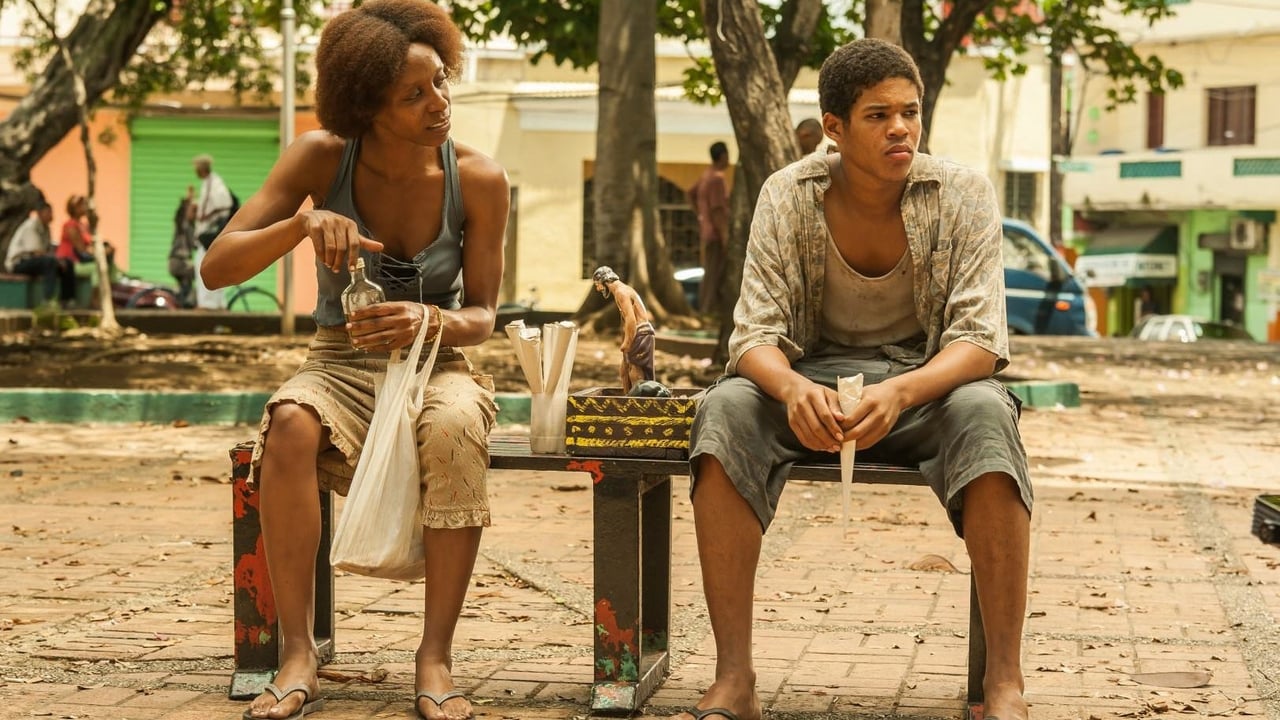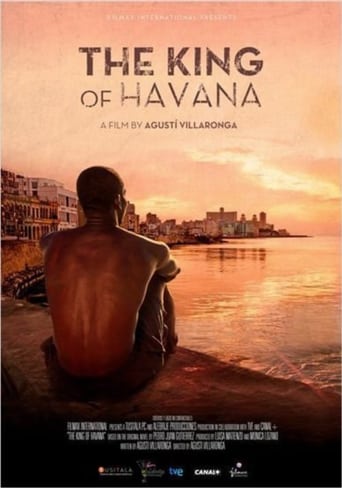

«The King of La Habana» revives the old debate between literature and cinema. I remember when I finished reading Pedro Juan Gutiérrez's homonymous novel I was extremely moved and impressed because I felt that the plot, the characters and the pain that emerges from the drama, all came from somebody who absolutely knew what he described. When I learned that Catalan filmmaker Agustí Villaronga --who showed his inclination towards shocking realism since his first work «In a Glass Cage» (1987) and made the exceptional «Aro Tolbukhin - In the Mind of the Killer» (2002), and whose «Black Bread» (2010) won seven Goya awards, including best film, direction and script (by Villaronga himself)—I feared that something was not going to work. Considering the admiration the literary source has and the director's reputation, the film had little resonance when released in 2015, and now that I have seen it I understand why. Villaronga is undoubtedly a very competent filmmaker, and, as he proved in "Black Bread", his film transcended the incidental because of his knowledge of the environment and the distinctive features of his own culture. Unfortunately, as with the Irish film «Viva», I perceived again a superficial approach to Cuba and its people, but while the melodrama of the transvestite boy and his boxer father appealed to the spectator's sentimentality, in «The King of La Habana» everything is so dehumanized, scabrous, libidinous and violent that I found no emotional or intellectual connection to what was described. I must state that Pedro Juan Gutierrez's novel is scabrous, libidinous, violent and much more, but it is so human, so painfully pertaining to the city and so deeply Cuban, that its reading strikes you, confronts you and moves you. To top it off Villaronga tried to "rebuild" the neighborhood of Centro Habana and its surroundings in the Dominican Republic, with a mixed result: if Santo Domingo can function as a surrogate La Habana for someone who does not know it, for those who do know how beautiful the Cuban capital is, even in spite of its wear and misery, the film lacks the magic of the city, which strangely evidences dignity and elegance amid its scarcity and ruin. There are some effective sequences (especially the last one, from the cyclone up to the ending) and good cinematography in compensation, but the acting is disparate, between the histrionic limitations of Maikol David Tortoló as Reynaldo "the King", to the powerful performance by Yordanka Ariosa as prostitute Magda, while Héctor Medina (again, as in "Viva", in the role of a transvestite) should avoid typecasting. At the end one cannot help but feel that a good film opportunity was missed. 3/10.
... View MoreThis film is an excellent adaptation of the novel of Pedro Juan Gutiérrez. The novel and the film depicts the misery of Cuba when the Soviet Union ceased to exist. Maybe things there are better today, but the communist censorship prevented the world from seeing what was happening in the country. Impressive as the screenwriter and director were faithful to the book. Hell on communist Cuba where prostitution and crime are essential for survival. As for the film actors are excellent and convincing. Apparently unable to shoot in Cuba, and the footage was shot in the Dominican Republic. Cruel good and true film. An excellent complement to an important book.
... View MoreI made great effort to watch this movie .but it was worth trying .very realistic and cruel side a life is shown . characters portrayed very beautifully and the acted well. one can say if this is life no one wants it . I never thought such low level poverty can make people do. some scenes in the film are very shocking , like shitting in a room on a paper and throwing it away in the street . some scenes are real sexy and interesting . a must watch film . if I could get it English version . I don't understand if this is cuba the che has fought to make . what the Cuban revolutionaries and leaders want to make it . they just want the country and not its people . its a slap on Cuban leaders face that they can't prosper being such a small country .
... View More